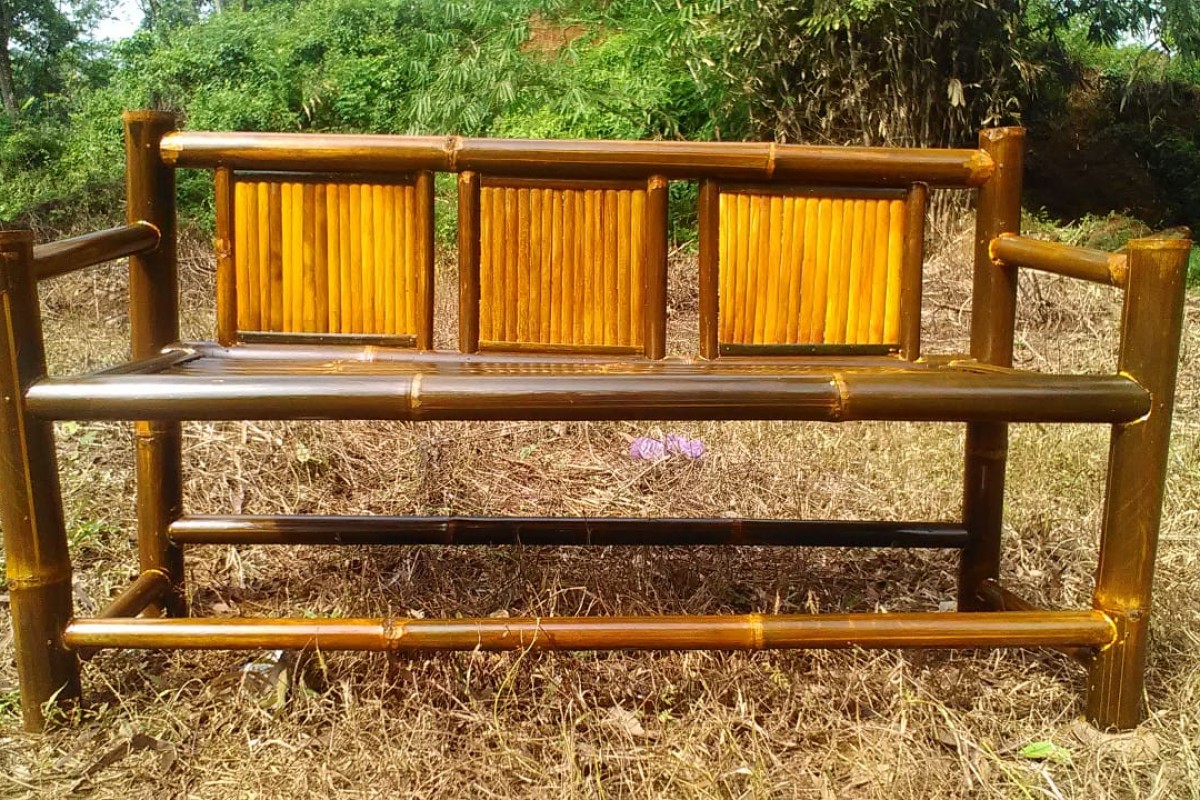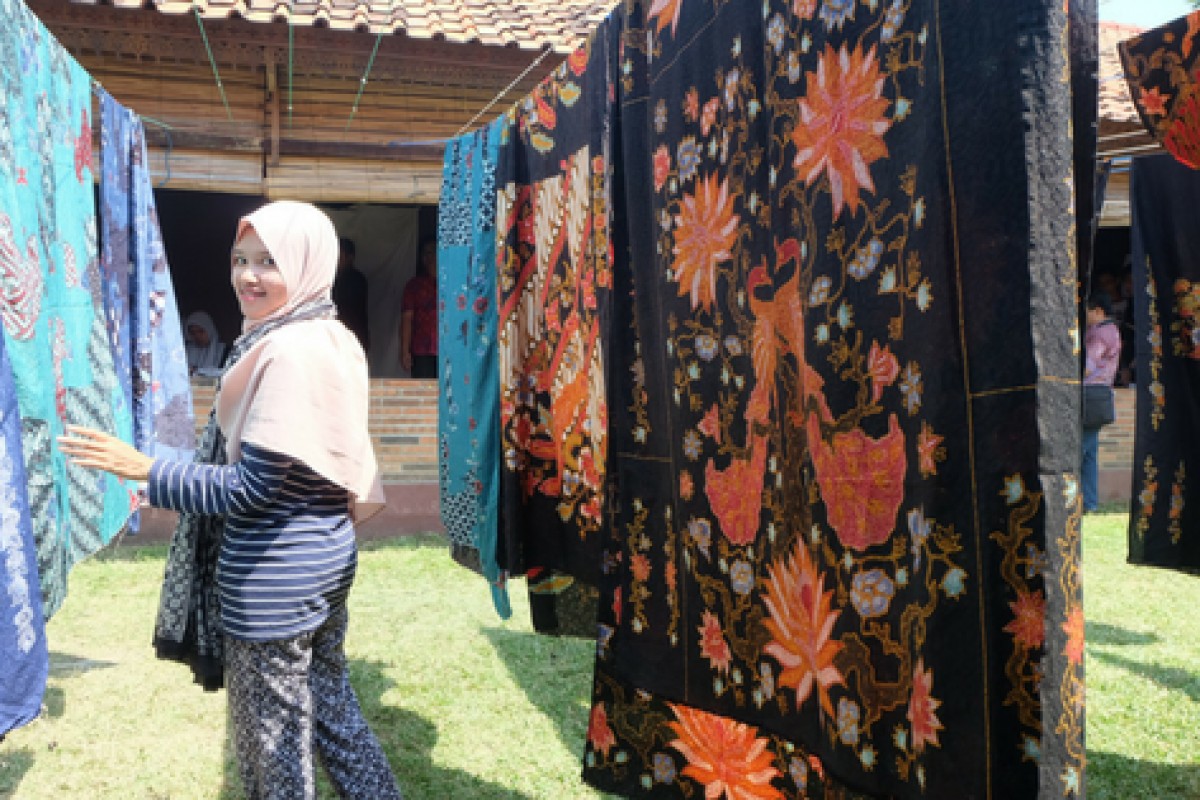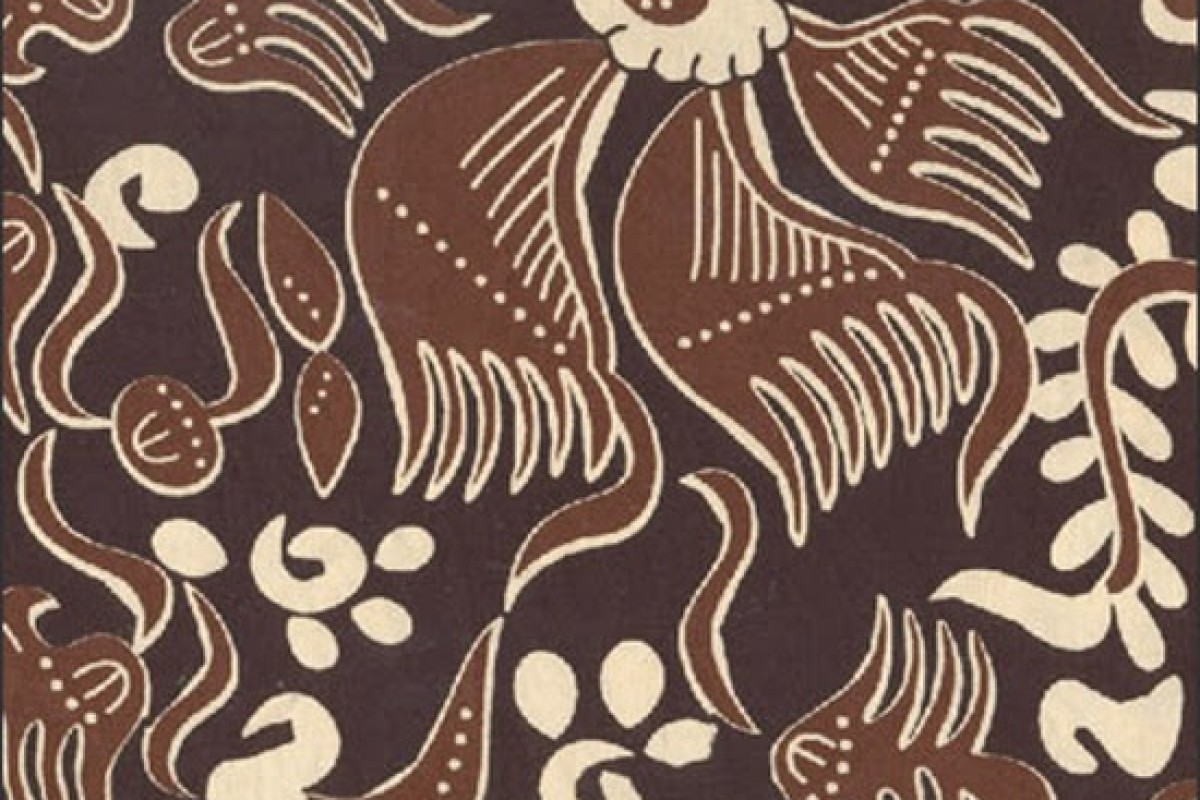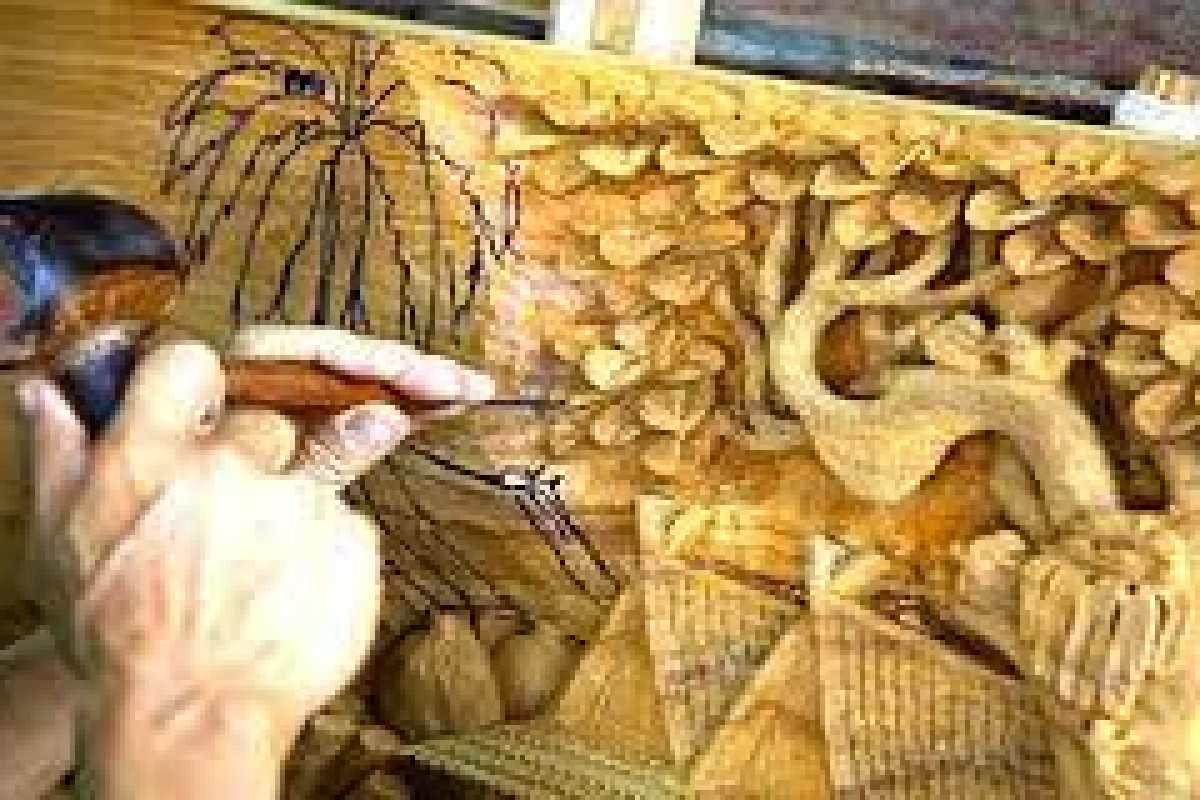Civet Coffee: Authentic Indonesian Coffee Made by Civets
Jan 14/ 2022 / By Harry / in Articles
Civet Coffee: Authentic Indonesian Coffee Made by Civets
People that are into coffee all over the world will most likely know about civet coffee. It is one of the most exotic types of coffee, and many have paid a lot of money to get it. One interesting thing about civet coffee is how it’s made. It is coffee made by civets!
What is civet coffee? Civet coffee is a type of coffee that is made from coffee beans excreted by the Asian palm civet. The catlike civet eats ripe coffee cherries and will excrete the civet coffee beans after it has fully digested the pulp. The excreted coffee beans will then be washed, roasted, ground and then brewed.
Civet coffee originates from Indonesia. As the legend goes, farmers would secretly dry, roast, and brew beans from the droppings of the civet, because they are not allowed to drink regular coffee that they harvest on the plantation. The coffee turned out to be great, so they kept the practice. Civet coffee tastes different because it has a smooth flavor that lacks the bitterness of most coffees. Locally, civet coffee is known as "kopi luwak" in Bahasa, with "kopi" translates to coffee and "luwak" to civet.
The taste of civet coffee can be characterized by choosing the varieties of coffee beans that the civet eats. It may feed on beans from the arabica coffee plant, the robusta, or other kinds of coffee plants.
It looks and sounds simple, so why is civet coffee so expensive? It may have to do with the taste. Coffee hobbyists and experts praise civet coffee for being smooth, sweet, and earthy. It is often said that the enzymes of the civet remove some of the coffee’s bitterness, thereby making it considered way more delicious than regular coffee.
Besides the taste, civet coffee is more expensive because of the actual effort made to find the civet coffee beans. Civet coffee beans are more expensive when they come from wild civets. You see, wild civets know which kind of coffee cherries to eat. They only eat the ripest ones, which technically means that they pick out the good beans for you so you don’t have to. When they digest the coffee beans for around 24 to 36 hours, the enzymes break down the coffee beans, altering their taste and chemical composition.
Other than that, wild civets are solitary and territorial animals, so they need a large amount of space, around 17 km2 to roam around and keep them from being stressed, which adds to the complexity and cost of producing civet coffee. Because of the costs, low supply, and high demand (since you have to wait for the civets to finish digesting the coffee beans and excrete them, before even processing them), civet coffee is way more expensive than other types of coffee.
Other than wild civets, you can also get civet coffee from caged civets, but this practice is incredibly cruel for them. Civets are supposed to have a huge range of diets, so force-feeding their coffee beans is just simply bad. It stresses them, and the civets can’t choose the best types of coffee beans to eat.
So, what are civets? Scientifically known as Paradoxurus Hermaphroditus or Asian palm civets, they are nocturnal animals that eat ripe coffee cherries, mangoes, rambutans, and other types of fruits. They are about the size of a large cat, weighing between 2 to 5 kilograms (4 to 11 pounds), and are usually around 53 centimeters (21 inches) long. They have a tail approximately 48 centimeters (19 inches) long.
Don’t be scared to try this special coffee, because maybe you’ll love it!










